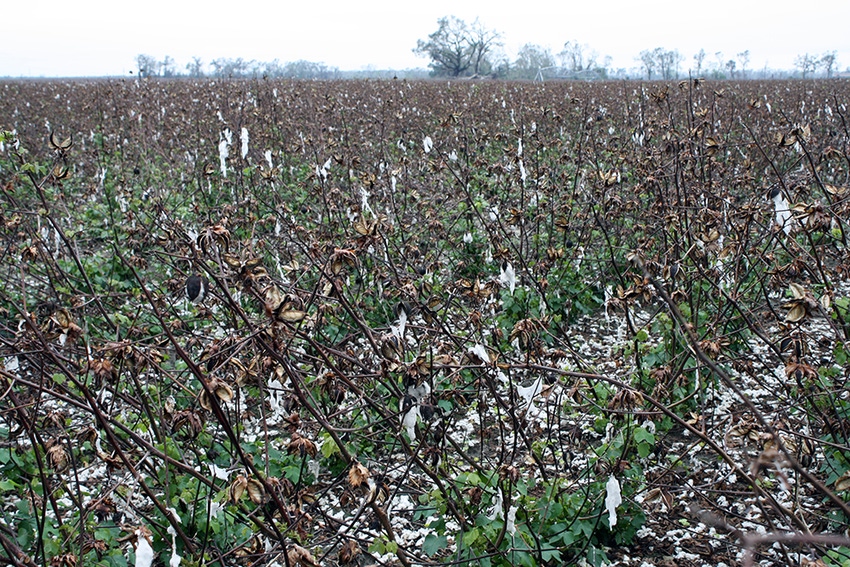June 4, 2019

A disaster appropriations bill, which includes aid for farmers, passed the U.S. House of Representatives June 3 and is expected to be signed into law by the president.
The bill, which passed the Senate May 23, includes for agriculture:
Agricultural Programs — $3.005 billion. Payments for crop and livestock losses due to hurricanes, typhoons, volcanic activities, tornados, floods, snowstorms, or wildfires during 2018 and 2019.
Emergency Forest Restoration Program — $480 million. Assistance to owners of private forests to restore disaster-damaged forests.
Watershed and Flood Prevention Operations — $435 million. Financial and technical assistance to states and local sponsors to protect and restore watersheds.
Emergency Conservation Program — $558 million. Provides emergency funding and technical assistance to farmers and ranchers to rehabilitate farmland damaged by natural disasters.
Rural Community Facilities Program — $150 million. Grants for facilities to provide health care, education, public safety, and public services to rural communities.
Provides trade mitigation assistance through the Market Facilitation Program to producers who derive at least 75 percent of their adjusted gross income from farming, ranching, or forestry related activities.
“These funds do not just help farmers devastated by Hurricane Michael, but also our rural communities that depend on agriculture for their economic sustainability,” said Bart Davis, a cotton farmer from Colquitt County, Ga., and chairman of the Georgia Cotton Commission, in a June 3 statement. “Furthermore, this legislation goes to farmers and rural communities in states all over the country affected by recent natural disasters,” he added.
Additionally Davis says, he and GCC “hope USDA will enact this program quickly so that struggling producers can pay off bridge loans and other financing that may be needed to close out the 2018 crop year. .. A big thank you goes out to the members of Georgia’s congressional delegation for keeping this issue at the forefront of political discussions despite the length of time it took for their colleagues to act on it."
About the Author(s)
You May Also Like






